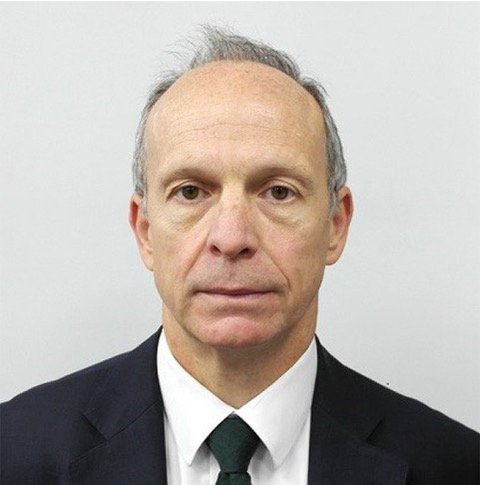On the shoulders of Giants
The environment, and action on climate change, lost three highly experienced and hugely talented champions in 2023. But the work that they did will endure, and the remarkable new generations of climate activists will benefit from it as they take up the baton and run the next relays.
Saleemul Huq
I never had the honour to meet Saleemul Huq, but have read so many heartfelt tributes from those who did.
Saleemul Huq in 2015. Link
He was Director of the International Centre for Climate Change and Development in Bangladesh until his untimely death in October 2023. He had set up and been the initial Director of the climate change research group at the IIED. He was lead author of the IPCC’s Third Assessment Report on Adaptation and Sustainable Development, and lead author of the chapter on Adaptation and Mitigation in its Fourth Assessment Report. He contributed to the Fifth Assessment Report, which led to the IPCC being awarded the Nobel Peace Prize in 2007, and honoured both in Bangladesh and the UK and around the world for his work and contributions to combating climate change. As a real champion of the establishment of the Loss and Damage fund and mechanism, the early success of the COP28 conference in achieving significant contributions to the loss and damage fund seem a vindication of everything that he worked for.
There is a wonderful video tribute to the life and work of Saleemul Huq which was played at the COP28 event to launch a scholarship in his name, the IIED and International Centre for Climate Change and Development (ICCAD) Saleemul Huq Memorial Scholarship. In this video, Huq is quoted as saying -
”The climate change story is not talking about doing something at the COP. The climate change story is tackling climate change on the ground, preventing millions of people from dying.”
From someone who attended and worked at 27 of the COP climate meetings, it is a profound insight that Saleemul Huq managed to hold onto.
An obituary of Saleemul Huq by the IPCC can be found here.
John Vidal
John Vidal, formerly environment editor at The Guardian for three decades to 2017, died in October 2023.
Photo courtesy of the Guardian / Linda Nylind.
He was a funny man, able to entertain Greek villagers with spontaneous juggling. He was a kind man, supplying a sheet of introductions when I first set off to New York to try and find out about environmental law and development: I noticed that it was headed by the then Secretary General of the United Nations. But above all he was an outstanding, deeply respected and pioneering environmental journalist who did so much to put environmental issues and climate change on the map.
So often he was out in front, better informed and leading the debate, whether it was travelling down the Mekong River to report first hand on the way it was impacted by dams, or weighing into the inadequacies of the draft agreement at the 2009 Copenhagen climate COP, or firing up the debate on air quality in the UK. Anyone who has worked with politicians will have noted that, very often, well briefed and articulate journalists and tomorrow’s headlines are what really command their attention.
Karl Mathiesen has written a fine appreciation of John Vidal’s work and its impact in Politico on 24 October 2023.
His friends and colleagues gave this appreciation of his work in The Guardian.
Pete Betts
Pete Betts, the EU’s lead negotiator at the Paris Agreement and vetern of the UK’s civil service, died in October 2023 aged 64.
Photo courtesy of Grantham Institute / LSE
I first met Pete Betts on the negotiations of the EU Water Framework Directive.
I was providing legal advice to the UK delegation, but had everything to learn about international negotiations. At one point in the negotiations I was being a bit legalistic and sniffy about some draft text that had legal consequences that had not been thought through. I received a “pithy” note from Pete to say I had five minutes to propose something better or we would be faced with something much worse. A useful introduction to the realities of negotiating, which had the desired result.
I soon came to have huge respect for Pete’s obvious skill, the way he won the respect and confidence of the people he was negotiating with, his very hard work, the way he led by example, and the fact that he really cared about better outcomes for the environment. He went on to become a formidable climate negotiator for both the UK and the EU, one of the real architects of the Paris Agreement, and put his huge skill and great commitment to the service of a better world.
Diagnosed with a brain tumour in 2022, Pete shared some reflections with the Financial Times journalist Pilita Clark in an article on 4 May 2023 “13 lessons from a climate diplomat with months left to live” which are really important and worthwhile insights for the next generation of climate negotiators.
If the book on climate negotiations that he was writing when he died is published, it will be essential reading.



